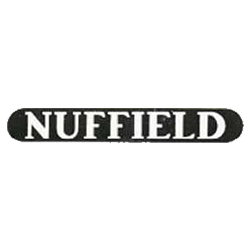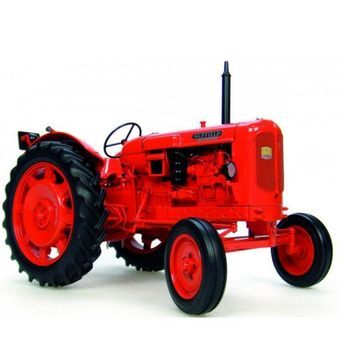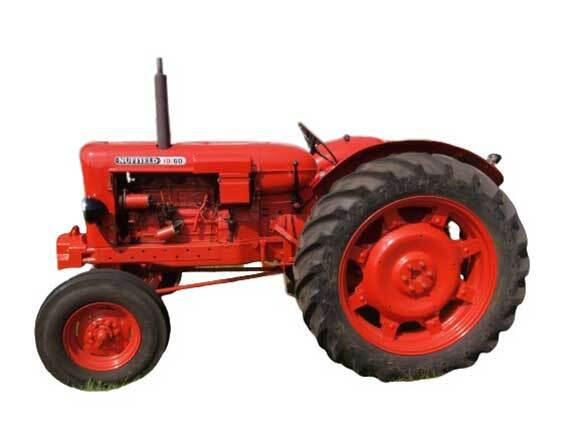
NUFFIELD Tractor Manuals PDF


History of Nuffield Tractors
There’re some NUFFIELD Tractor Service Manuals PDF above the page.
For the first time, English Nuffield tractors were presented to the general public at an exhibition in London.
In the 1950s, they enjoyed success at home and in many countries around the world.
After WWII, the British company Morris Motors decided to expand its product range.
The day before, the company absorbed another enterprise, Wolseley Motors, car production moved to the town of Cowley, Oxfordshire, and the Wolseley workshops were now idle.
At the same time, demand for agricultural machinery was extremely high in the UK, and Morris Motors commissioned engineers Merritt and Culpin to develop a new tractor.
They helped in this by specialists from Nuffield Mechanizations, a subsidiary, and therefore the tractor received the name Nuffield.
The first prototype was ready back in 1946, but due to interruptions in steel supplies, mass production of the model began only almost three years later, in November 1948.
In December 1965, Morris Motors introduced a new tractor, the Mini, released after five years of research and testing.
It produced in versions with a BMC gasoline engine with a volume of 950 cm3 and a power of 20 hp. or with a 15 hp diesel engine.
Both models equipped with a gearbox with nine forward and three reverse gears, an integrated linkage system, disc brakes and two power take-off shafts.
In 1967, Morris Motors released a new series of redesigned tractors, replacing the 10/60 and 10/42 models.
Despite the success of the brand, Nuffield tractors looked outdated by the end of the sixties. The new models, 3/47 and 4/65, were given a more modern design.
These tractors equipped with an improved two-cylinder linkage system, which increased their lifting power.
In addition, a fuel tank with a capacity of more than 60 liters installed in front of the tractor.
A year later, the BMC merged with the British Leyland Motors Corporation.
Leyland‘s owners said they would retain the Nuffield range of tractors, and rumors soon began to surface that the company had begun development of a new, larger tractor.
However, from now on all tractors produced by the corporation began to bear the name Leyland, which led to the disappearance of the Nuffield brand.

